
Receding gums are not a condition by itself but rather a symptom of a gum infection or periodontal disease. Receding gums are also known as gingival recession. This term describes exposure in the roots of the teeth, which is caused by loss of gum tissue. Sometimes, the roots are exposed also because of the retraction of the gingival margin from the crown of the teeth. This symptom is usually seen in older patients, but it may also start in early days. Gum recession is actually process that advances gradually from day to day in a course of a couple of years.
Symptoms of receding gums
Receding gums have very distinctive appearance, but they are also associated with some subjective symptoms. For example, a person will notice the teeth are becoming too sensitive to hot and cold, as well as to various tastes. Teeth appear longer, the roots are exposed, and the tooth feels notched at the gum line. Sometimes there is a change in the tooth’s color and spaces between the teeth may seem to grow, while the cavities start showing behind the gum line.
Causes of receding gums and ways to prevent them
In some cases, cause of receding gums lies in an abnormal tooth position. In this case, one or more teeth will not have an adequate cover and patient will experience receding gums. Sometimes this can be prevented by tooth extraction or by wearing dental braces.Sometimes the thin and fragile gingival tissue is something that a person is born with, but often the enamel and the gum line are wasting away as a result of overaggressive brushing and inadequate tooth brushing technique.
If the oral hygiene is poor, the bacterial plague that normally builds up everyday won’t be removed. Therefore, bacteria will start growing in the gaps between teeth and continue releasing toxins and enzymes, which may cause inflammation of the gums. This inflammation is actually the body's host response, and an attempt to get rid of the bacteria. Inflammation of the gums is known as gingivitis. When it is not treated it progresses to periodontal disease in which the gums severely recede, and the bones are becoming affected. The final consequence of periodontal disease is the loss of teeth.
To prevent this from happening a person should clean teeth at least twice a day using the appropriate brush and toothpaste. Flossing is also important to prevent build-up of plaque bacteria on the teeth and in gaps between the teeth.
- www.nhs.uk/conditions/gum-disease/
- www.cdc.gov/tobacco/campaign/tips/diseases/periodontal-gum-disease.html
- Photo courtesy of Erik Christensen by Wikimedia Commons: commons.wikimedia.org/wiki/File:Dentist.1.jpg


,-Don't-Ignore-Receding-Gums_f_280x120.jpg)
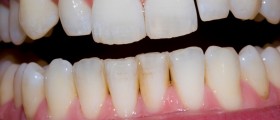


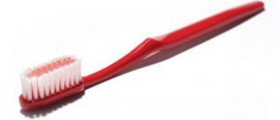
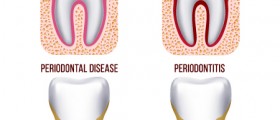
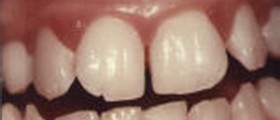
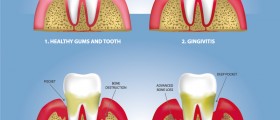
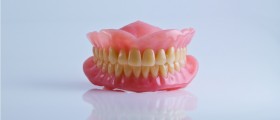



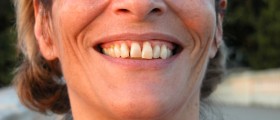
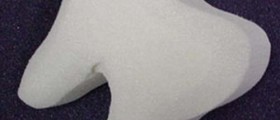
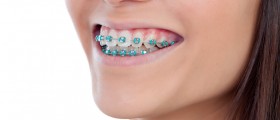
Your thoughts on this
Loading...